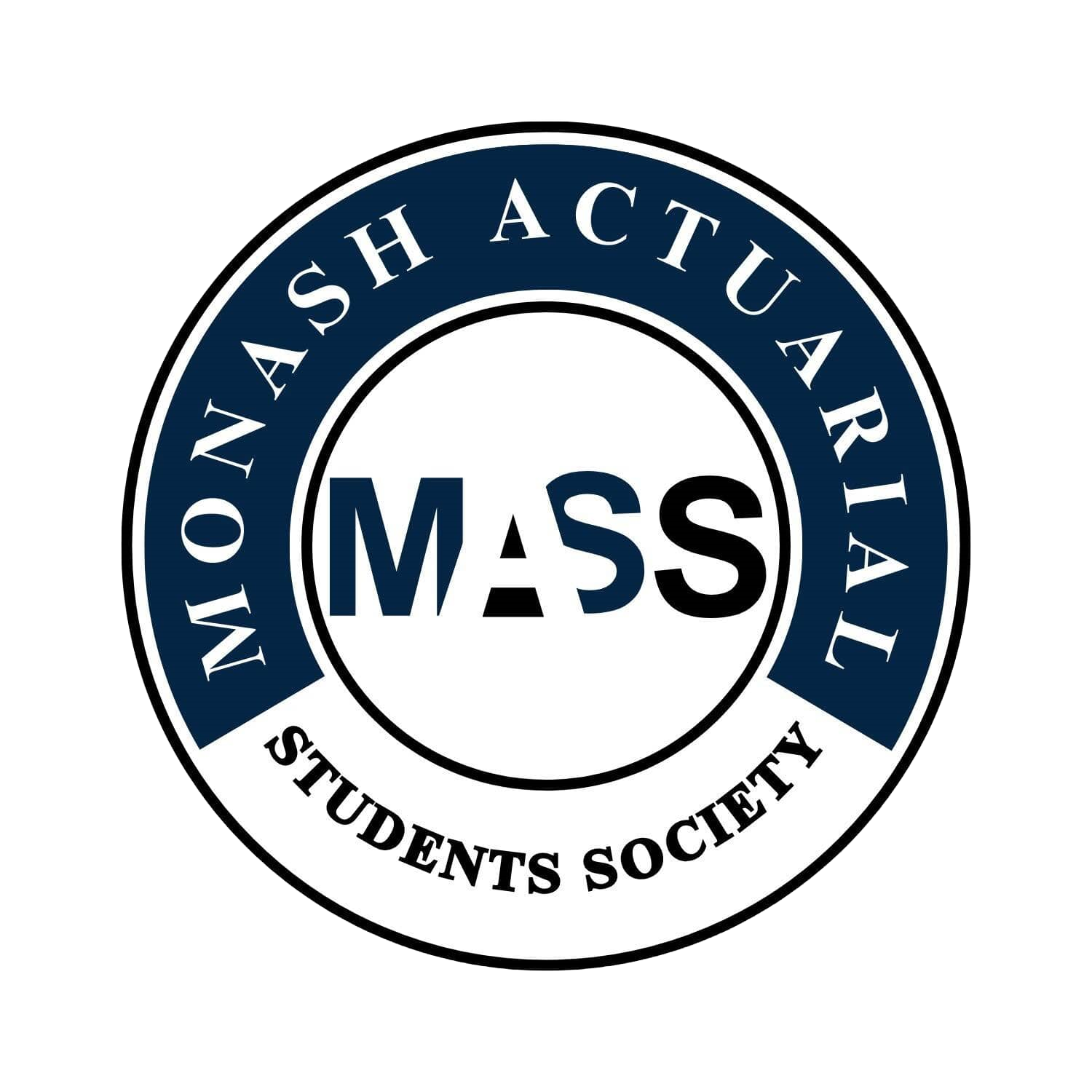ETC2520 / ETC5252 Probability and Statistical Inference for Economics and Business
Difficulty:
Year Completed: Semester 2, 2022
Prerequisite: ETC1000
(or ETF1100, or FIT1006, or ETS1102, or SCI1020, or ETB1100, or ETW1000, or ETW1100, or STA1010)
Exemption:
CS1 Actuarial Statistics
ETC1000 (25%), ETC2420 (25%), ETC2520 (35%), ETC3580 (15%)
Weighted average of 70% required. Minimum of 60% required for each unit.
Mean Setu Score: 73.82%
Clarity of Learning Outcomes: 71.48%
Clarity of Assessments: 85.71%
Feedback: 71.43%
Resources: 67.86%
Engagement: 82.14%
Satisfaction: 64.29%
Subject Content:
Lecture(s) and Tutorial(s):
Textbook(s):
Assessments:
Topics included naïve probability, conditional probability, random variables, discrete and continuous probability, moment generating functions, joint distributions, statistical inference and hypothesis testing.
1 x 2 hour lecture
1 x 1.5 hour tutorial
Introduction to Probability - Joseph K. Blitzstein, Jessica Hwang
The prescribed textbook acted as supplementary reading to the lecture slides. Additional notes were provided for later topics.
4 short in-semester quizzes 5% each
Mid-Semester Test 10%
Topical quiz attempt and tutorial attendance 10%
Final Exam 60%
Comments
This unit had a strong mathematics focus. The lecture content is taught well and tutorials cover the types of questions that are relevant for the assessments. A lot of the mathematical concepts taught are relevant in future units, so its important to gain a sound understanding.
The content can be challenging especially towards the later end of semester so it is important to review any gaps in understanding through use of the textbook, consultations and re-attempting practice questions.
The lectures were very theoretical and occasionally covered worked examples. These provided a solid foundation of the derivation and logic behind various topics of probability which were quite interesting. However, due to the theoretical nature of these lectures, there can be some difficulties initially in applying the concepts learnt to questions.
The lecture slides are made available and the textbook also helps with understanding where needed.
Tutorials were necessary to attend because of the participation marks received if you attend them. However, tutorials are also the most important part of this unit as questions that are similar to the in semester test and final exam questions. As the lectures can be quite theoretical, it is important to attend the tutorials to see how these theoretical concepts can be applied.
In-semester (marked) quizzes were composed of multiple choice and short-answer (no working) questions. With revision, and practice, these questions are quite solvable.
The mid-semester test was composed of multiple choice questions and longer-response questions that required working out to be shown. These questions required students to have practiced and understood the tutorial and mock exam questions.
The weekly topical quizzes have to be attempted by the night prior to the tutorial in order to achieve the associated mark. As they’re graded on participation, they provide a good source of practice.
The exam was of a similar difficulty to the mock exam and tutorial questions, and was comprised of a mix of multiple choice and short answer questions. The exam covered the majority of the course, so its important to revise all weeks of content. Students are encouraged to repeatedly practice tutorial questions and the mock exam to prepare for the exam.
Some of the content in this unit can be difficult to understand, however it is generally taught well. It is important to stay on top of tutorial content and ensure that you understand the solutions to all questions as the tutorial questions show how to apply the theory learnt in lectures. Furthermore the questions are indicative of the assessment questions, making this your best resource for revision.
Additionally, the concepts introduced in this unit are important for doing well in subsequent units. With
General Overview:
Lectures:
Tutorials:
Assessments/Other Assessments
Exam
Concluding Remarks

